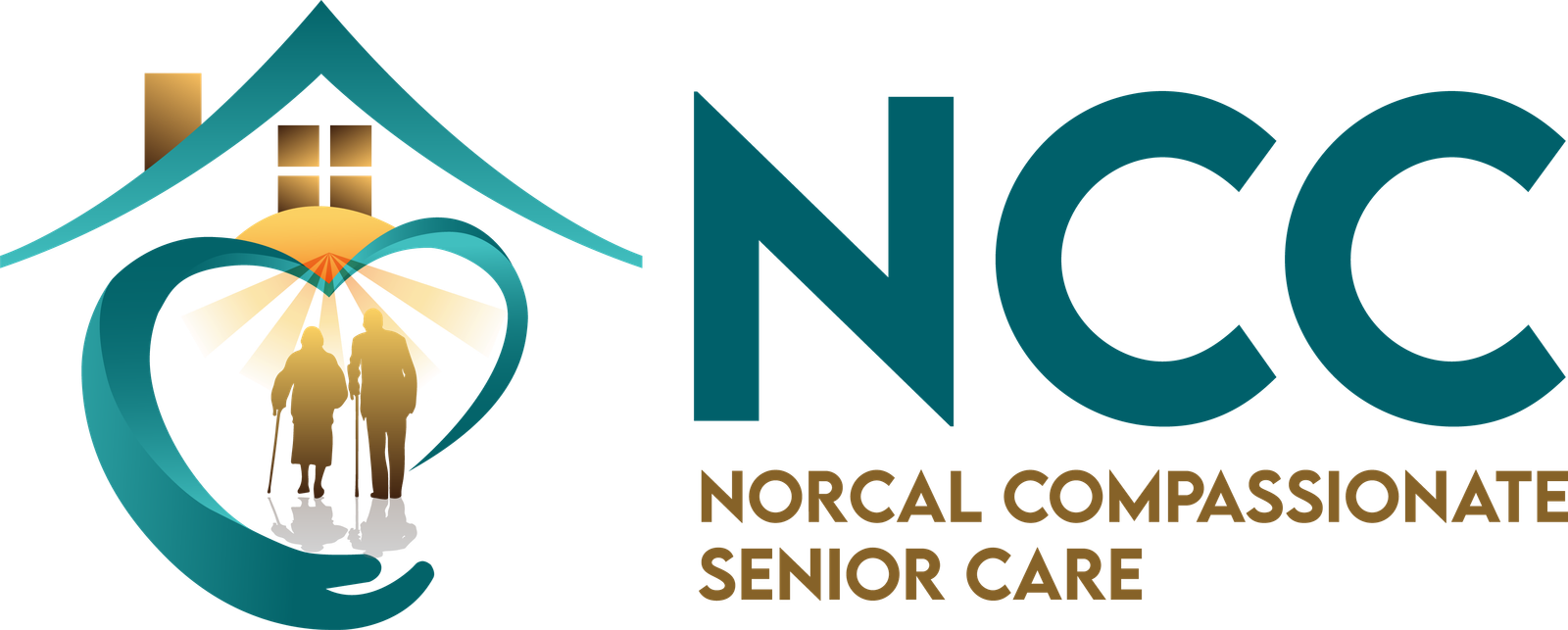Care Coordination

The Importance of Care Coordination
Care coordination is a multifaceted approach to managing and organizing the various aspects of a care recipient’s health and well-being. This process ensures that care delivery is seamless, efficient, and effective. It encompasses the coordination of medical care, personal care, and support services, helping caregivers navigate the often complex and fragmented healthcare systems. By providing holistic support to the care recipient, care coordination aims to address all dimensions of their health, including physical, emotional, and social needs.
Benefits of Integrating Health, Personal, and Support Services
Integrating health, personal, and support services offers numerous benefits that extend beyond the immediate health outcomes of the care recipient. For caregivers, this integration can significantly enhance the quality of life for their care recipients while also reducing their own stress and workload. Effective care coordination leads to better health outcomes, fewer medical errors, and a more efficient healthcare system overall. By ensuring that all aspects of a care recipient’s needs are met, caregivers can provide more comprehensive and personalized care. This holistic approach not only improves the physical health of the care recipient but also supports their mental and emotional well-being.
Strategies for Effective Care Coordination
Communication: Establishing clear and consistent communication channels among all healthcare providers involved in the care recipient’s treatment is crucial. This ensures that everyone is on the same page and that the care recipient receives the best possible care. Regular meetings, updates, and shared documentation can help maintain this communication. Effective communication also involves active listening and empathy, ensuring that the care recipient’s voice is heard and their concerns are addressed promptly.
Technology Utilization: Leveraging technology, such as electronic health records (EHRs) and care coordination software, can greatly enhance the efficiency of care coordination. These tools allow for the efficient tracking and sharing of patient information, ensuring that all healthcare providers have access to up-to-date and accurate data. This can help prevent medical errors and ensure that care plans are followed correctly. Additionally, telehealth services and mobile health applications can facilitate remote monitoring and support, making it easier for caregivers to manage care from a distance.
Patient-Centered Approach: Focusing on the individual needs and preferences of the care recipient is essential for effective care coordination. This approach ensures that care plans are personalized and tailored to the specific requirements of the care recipient. By involving the care recipient in the decision-making process, caregivers can ensure that the care provided aligns with their values and preferences. This patient-centered approach fosters a sense of autonomy and empowerment, encouraging the care recipient to take an active role in their own health management.
Regular Monitoring: Continuously monitoring the care recipient’s health status is vital for effective care coordination. This involves regularly assessing their condition and adjusting care plans as needed to address any changes or emerging issues. Regular check-ins, health assessments, and feedback from the care recipient can help caregivers stay informed and responsive to their needs. Proactive monitoring can also help identify potential health issues early, allowing for timely interventions and reducing the risk of complications.
Holistic Support: Providing holistic support means addressing not only the medical needs of the care recipient but also their emotional, social, and psychological well-being. This can involve coordinating with social workers, mental health professionals, and community resources to ensure that the care recipient receives comprehensive support. Holistic support also includes providing education and resources to the care recipient and their family, helping them understand their health conditions and the available treatment options.
By implementing these strategies, caregivers can ensure that care coordination is both effective and sustainable. This approach ultimately leads to improved patient outcomes and a higher quality of life for care recipients. Effective care coordination is a collaborative effort that requires the involvement and cooperation of all parties involved in the care process, ensuring that the care recipient receives the best possible support. It also fosters a supportive environment where caregivers feel valued and empowered, knowing that they have the tools and resources needed to provide high-quality care.
- Collaboration with healthcare providers
- Follow-Up Care. Ensuring adherence to treatment plans, medication regimens, and follow-up appointments.
- Assistance with care plans and scheduling

